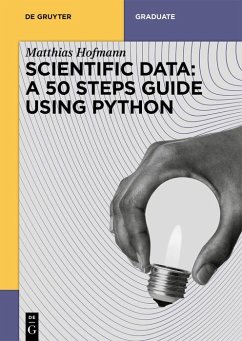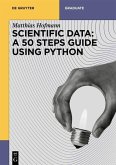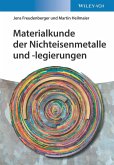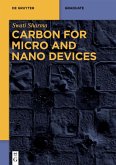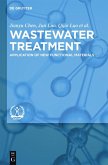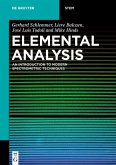'Scientific Data: A 50 Steps Guide using Python' is your guide towards experimental scientific data. It aims to bridge the gap between classical natural sciences as taught in universities and the ever-growing need for technological/digital capabilities, particularly in industrial research. Topics covered include instructions for setting up a workspace, guidelines for structuring data, examples for interfacing with results files and suggestions for drawing scientific conclusions therefrom. Additionally, concepts for designing experiments and visualizing the corresponding results are highlighted next to ways of extracting meaningful characteristics and leveraging those in terms of multi-objective optimizations.
The concise problem-solution-discussion structure used throughout supported by Python code snippets emphasizes the work's focus on practitioners. This guide will provide you with a solid understanding of how to process and understand experimental data within a natural scientific context while ensuring sustainable use of your findings and processing as seen through a programmer's eyes.
Dieser Download kann aus rechtlichen Gründen nur mit Rechnungsadresse in A, B, BG, CY, CZ, D, DK, EW, E, FIN, F, GR, HR, H, IRL, I, LT, L, LR, M, NL, PL, P, R, S, SLO, SK ausgeliefert werden.

